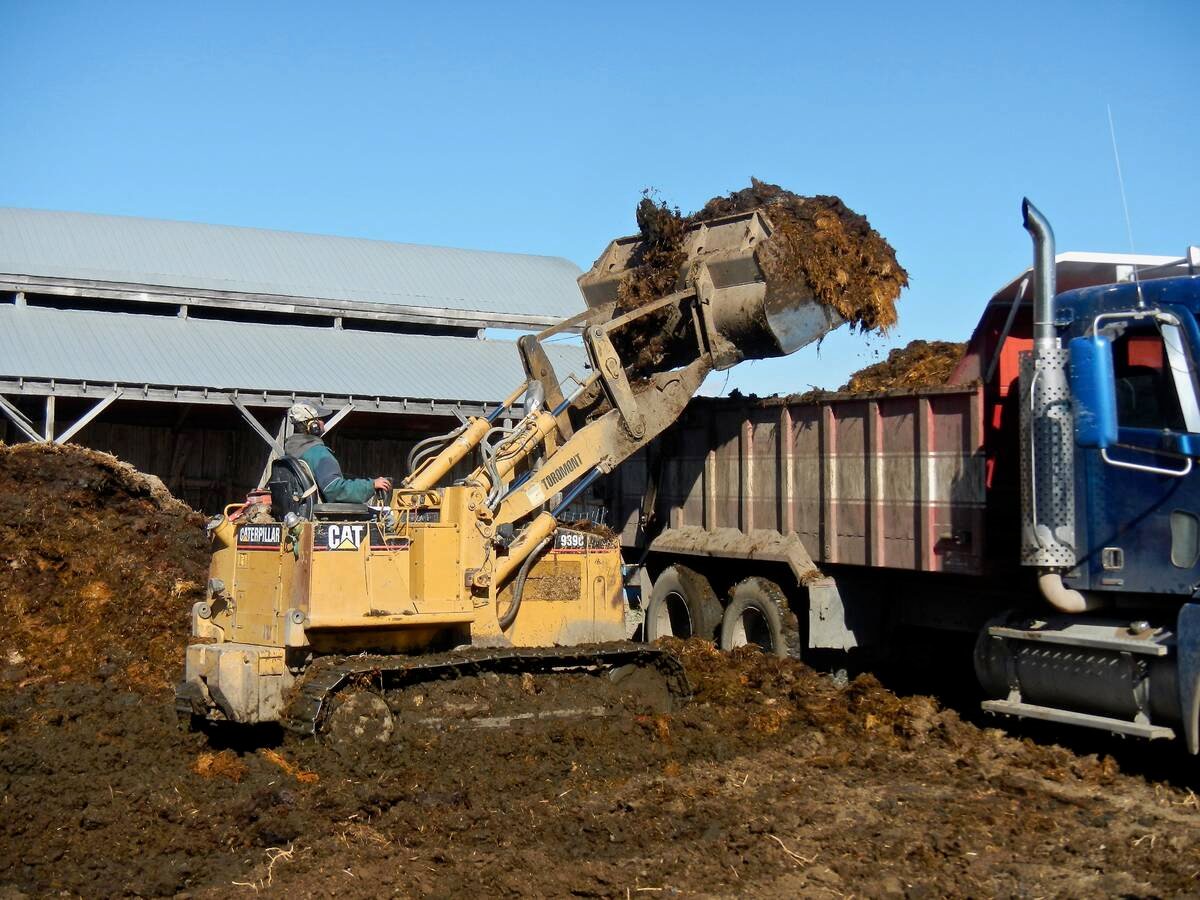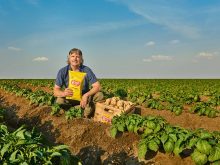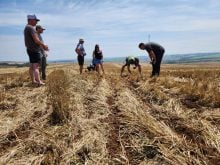RAPID CITY, Man. – Manitoba grain farmer Peter Mellings is in an odd position when he calls on governments to beef up farm support programs.
On his 1,550-acre farm in the province’s west-central region, he is struggling to survive.
“I’m 43 years old and I should be putting away for my retirement but at this point, I have nothing,” he said.
Mellings thinks the federal government should intervene to help farmers survive.
“The Canadian government is not going to change any other country’s views of subsidizing their farmers so they have to look after their own,” he said.
Read Also

Anaerobic digestion seen as possible emissions solution
Cattle manure is one of the feedstocks that can be used in anaerobic digestion systems.
These views are not unusual, coming from a prairie grain farmer who faces low prices, high costs and eroding equity.
But coming from Mellings, there is an underpinning of irony.
Five years ago, Mellings sold his 250-acre grain, beef and sheep farm in England and moved to Canada in an effort to escape farm subsidies.
“I came here because of the subsidies,” he said. “Everything we made from sales was going to pay costs. Our only income was subsidies. That is not much better than being on the dole.”
In Europe, the guarantee of EU subsidies resulted in rising input costs. The cost of farming increased to take advantage of subsidy guarantees.
He sold the farm and used the money to buy 1,100 acres in Manitoba. He grows wheat, barley, oats, canola and flax.
Mellings, who also rents 450 acres, says he has invested more than $1 million in his Manitoba operation.
Heeding advice that Canadian farmers must diversify, he tried to grow corn but found it did not flourish in his area.
Mellings said farm inputs are less expensive in Canada than they are in England. With decent commodity prices, Canadian farmers could make a living in the marketplace, he said.
But low commodity prices mean farmers like him are watching their equity erode. Government support is needed to maintain equity in the sector, he said.
“If I walked away tomorrow, I couldn’t find someone to buy the farm to give me back my equity,” said Mellings.
“If I walked away from my farm, I might find someone to rent it but really, to pay my costs, I have to keep producing.”
















